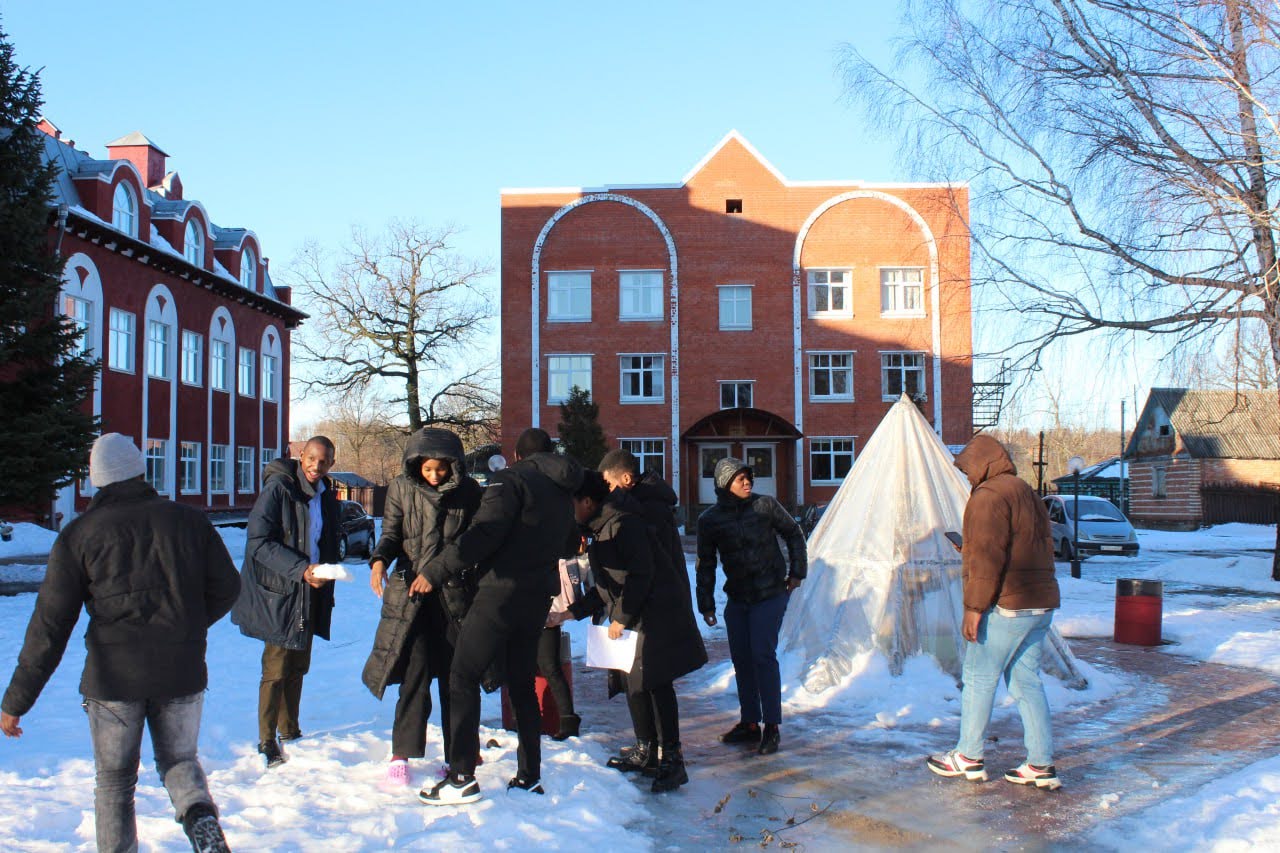Cost Breakdown: Studying in Russia Without a Scholarship
tudying in Russia without a scholarship involves several costs that students should plan for in advance. Here is a detailed breakdown of the expenses:
Tuition Fees – The cost of tuition varies depending on the university, program, and level of study. On average:
Bachelor's programs: $2,000 – $5,000 per year
Master's programs: $2,500 – $6,000 per year
PhD programs: $3,000 – $7,000 per year
Medical and engineering programs tend to be more expensive, ranging from $4,000 – $10,000 per year.
Accommodation – Students can choose between university dormitories or private housing:
University dormitories: $20 – $100 per month (varies by location and comfort level)
Private apartments: $200 – $600 per month (higher in major cities like Moscow and Saint Petersburg)
Shared apartments: $150 – $400 per month
Food Expenses – The cost of food depends on whether students cook at home or eat out:
Monthly grocery budget: $150 – $300
Eating at university cafeterias: $2 – $5 per meal
Eating at restaurants: $5 – $15 per meal
Transportation – Russia has an affordable public transport system:
Monthly metro/bus pass: $10 – $20 (discounted student fare)
Taxi rides: $3 – $10 per ride
Intercity travel (trains and flights): Varies depending on distance and mode of transport
Health Insurance – Mandatory for all international students:
Basic student health insurance: $100 – $300 per year
Visa and Registration Fees – Foreign students need a student visa and must register upon arrival:
Visa application: $50 – $150
Registration fee: $10 – $30
Study Materials and Internet – Additional academic expenses:
Books and supplies: $50 – $200 per year
Internet connection: $5 – $15 per month
Mobile phone plans: $5 – $10 per month
Miscellaneous and Personal Expenses – Entertainment, clothing, and leisure activities:
Entertainment and social activities: $50 – $150 per month
Winter clothing: $100 – $300 (one-time purchase for cold regions)
Estimated Monthly Budget:
Budget lifestyle (dormitory + self-cooking): $300 – $500 per month
Comfortable lifestyle (private apartment + eating out occasionally): $600 – $1,000 per month
Estimated Yearly Budget (Including Tuition):
Budget lifestyle: $4,000 – $7,000 per year
Comfortable lifestyle: $7,000 – $12,000 per year
Living costs vary significantly depending on the city, with Moscow and Saint Petersburg being more expensive compared to cities like Kazan, Tomsk, or Novosibirsk. Proper financial planning can help students manage their expenses efficiently while studying in Russia.


Comments (0)
Leave a comment